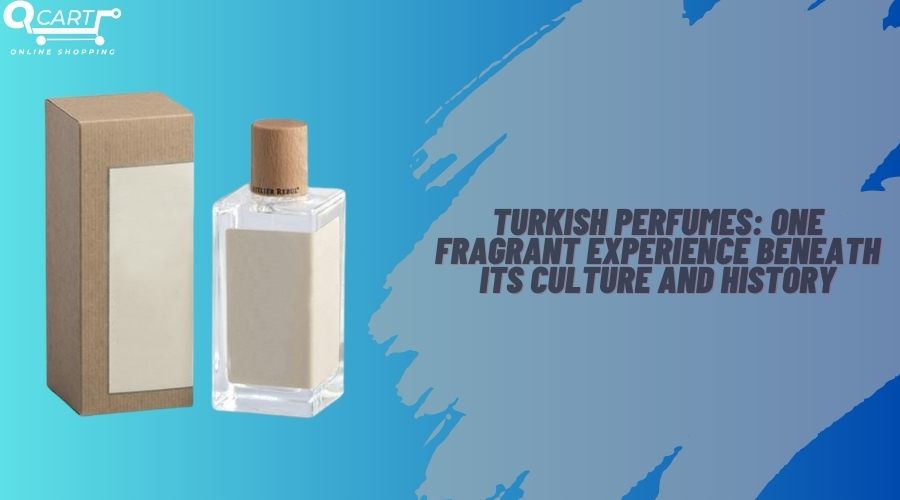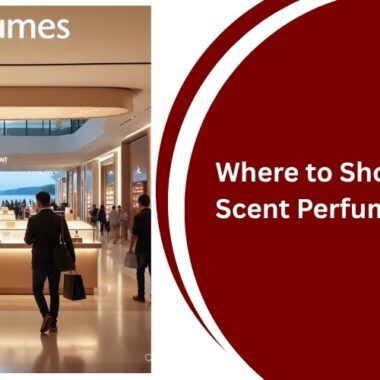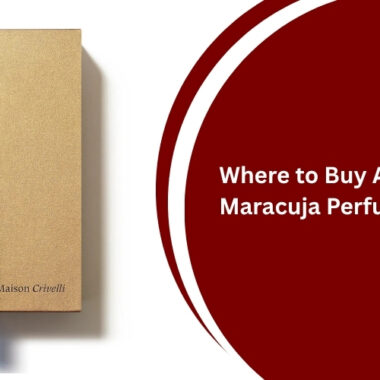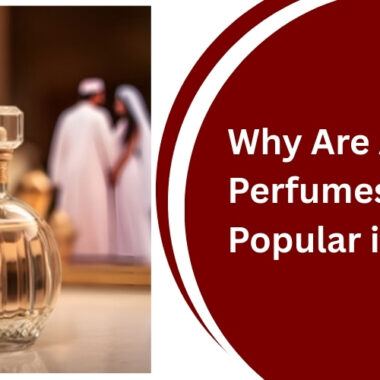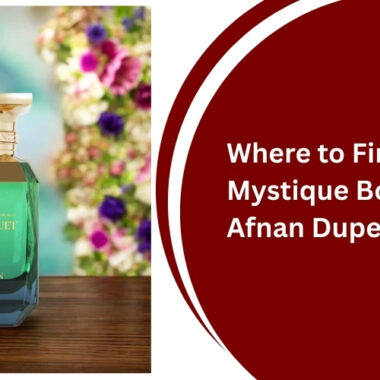Turkey is a country with rich cultural traditions, as well as its own unique blend of eastern and western influences – some almost half open day-to-day. Here nature and history stand side by side, just as inside the country has no borders. Among the many artistic activities in which Turkey has been able to reach world heights for centuries, one such endeavor is perfume-making.
The history of Turkish perfumes with their deep roots in the past, enticing stories and complex techniques offer a journey that spans from ancient Greece down to present day sensibilities. In this article, we will look at history, meaning and the current relevance of turkish best perfumes, investigating its place in Turkey’s culture and everyday life
A Historical Overview: The Birth of Turkish Perfume Culture

The history of perfume-making in Turkey goes back thousands of years. The foundational work for what would become a diverse perfume culture was laid by the ancient Anatolian civilizations – which corresponds to modern-day Turkey–. The earliest evidence of perfume production in this area comes from ancient Mesopotamia and Egypt.
There, perfumes were used for religious purposes as well as personal adornment or even medicine while the earliest fragrances carried by wind sail and animal husbandry would also have created some in situ. These early perfumes were often made with ingredients that grow naturally only there like resin oils and flowers – such as rose, lavender and myrrh – all indigenous to Dalaman.
The Ottoman Empire, spanning the 14th to early 20th century was an era of great achievement for Turkish perfumery. The Ottoman Empire was renowned for its luxurious lifestyle, and perfumes played an important in both courtly life and the life of ordinary society. The Ottomans had a deep understanding of fragrance, using perfumes to scent the air in palaces and anoint their bodies for special events. Perfumery was an important vocation in the Empire. Making fragrances that were both intricate and had staying power became a highly developed art.
One of the landmarks of Ottoman perfumery was attar, a natural perfume concentrate made from flowers, herbs and spices. Attar, often distilled from rose petals and jasmine, became an important part of Ottoman perfumery and continues to be one of the major components in Turkish fragrances today.
The Role of the Rose in Turkish Perfume Tradition
The Damascus rose (Rosa damascena) Perhaps no flower is more associated with Ottoman perfumery than this aromatic rose, which was first grown in Turkey in the early 17th century. Today, the cultivation and harvesting of this precious flower continues throughout Turkey’s rich valley land areas.The rose is deeply embedded in Turkish culture, symbolizing love, beauty and mysticism.
Quite literally, the heart of many Turkish perfumes and attars consists of this distillation that lies in its essence. It is obtained through an extremely complicated process which requires time and skill – first the roses are collected individually before being placed in spacious vats for slow cooking over a fire that is not too fierce. Its oil, which is distilled from the flower, is the heart of many Turkish best perfumes and attars.
In Turkey, rose oil is mainly obtained from the Isparta region. Often known as “Rose Valley,” which is a literal translation of the Turkish word “Rose Field.” Every year, thousands of roses are gathered in Isparta and their precious oil extracted through distillation. The oil is used in perfumes, lotions and even cosmetics that people put on their faces. Of the world’s highest quality, Turkish rose oil it is claimed to be one among only a few such sought-after varieties.
The importance of the rose in Turkish perfumery is due both to its aromatic properties as well as its historical and cultural significance. For example, roses were often used as metaphors in Ottoman poetry for beauty, fleeting youth and the impermanence of life. Thus it is no wonder that in traditional Turkish perfume blends, rose scent remains a key component evoking eternal luxuriousness and beauty all at once. Traditional Turkish Perfumery: A Craft Transmitted Across Generations
In modern-day Turkey, perfume is a much more popular commodity than it was in former times. However the art of so-called handperfuming flourishes on. Many Turkish perfumers continue to employ the age-old methods to blend their scents, employing rose, lavender, sandalwood, amber, and musk alongside distillation techniques handed down from generation to generation.
Consider attar, for instance: Flowers, herbs, spices are carefully distilled to produce oils with very high concentrations of fragrance that are left alone in sealed glass bottles to mature over time and acquire additional depth. This results in an strong and long-lasting scent on skin.
The Turks have so far kept their traditional crafts alive, with perfumer families often being the exception to the rule. By bringing their vast experience down the generations and working most of the time in small family-run firms, these Turkish perfumers take pride in using high-quality local materials ensuring that the fragrance of each perfume reflects Turkey’s natural beauty and cultural heritage. In particular, the art of manufacturing a perfume like attar is regarded as an art and a craft. It takes years of experience to develop the ability to harmonize various scents flawlessly.
The Role of Daily Life and Culture in Turkish Perfume
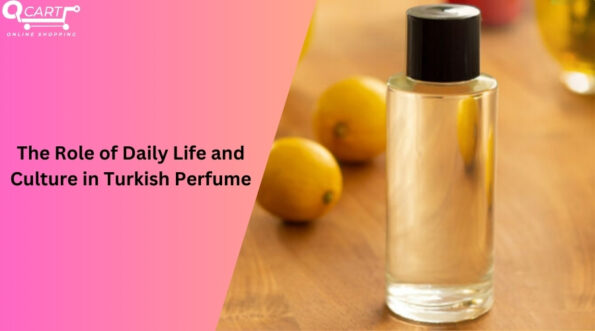
Perfume is an important part of daily lives and Turkish society. When guests arrive at a Turkish home, they usually are presented with a bottle of Köln, a refreshing perfume. This custom, an integral part of traditional practices for many centuries now past, is meant to let them wash up and feel refreshed, making a warm welcome. The offering of Köln is a vital social custom that reflects Turkish caring for guests.
As well as Köln, people wear perfume in Turkey as part of their daily routines. Women in particular are known for their attention to body hygiene and beauty, and perfume represents a necessity in their lives. Through fragrance– be it the natural aroma of plants or the artificial blend of molecules known as modern perfumery– one does not just smell pleasant; one can express oneself while enhancing one’s image and making an unforgettable mark
Furthermore, perfume provides a strong reminder of Turkey’s Ottoman heritage, where it played a vital part at court events. In Sultan’s palaces, perfumed oils were applied to the body and the air made fragrant. Thus a mood was created of total luxury and indulgence. This tradition continues to influence the way perfume is perceived in modern-day Turkey, where it is still thought of as being associated with class and good taste.
turkish best perfumes embody the heritage of a country steeped in tradition, combining time-honored arts like that of perfumery with more contemporary ideas. From the fragrant roses grown at Isparta to exotic oil-based perfumes that can be found only in Istanbul there is an unparalleled sensual experience which has around millennia of history, tradition and craftsmanship to draw on. Turkish perfuming is not just a means of washing, an art form — accepting all forms of art from pure simplicity to an attar of 68 ingredients. turkish best perfumes today continue unfailingly to fascinate and invite the senses to stroll through some buildings more profoundly artistic than words can ever fully contain.
 Inspired By
Inspired By